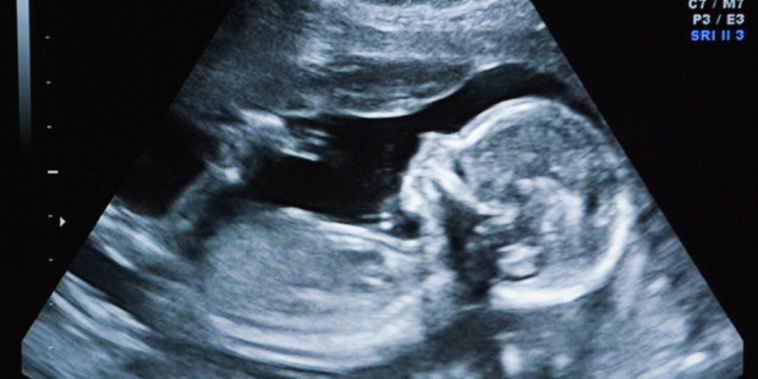
It’s been a six year long investigation but Sky News in the UK has revealed how authorities covered up the impact of a drug prescribed to pregnant women, which is thought to have deformed and killed babies in the womb.
It was given to 1.5 million women in Britain between the 1960s and 70s. It seems unthinkable now, but the drug called Primodos was given to women to determine if they were pregnant or not. You took a pill and then another 12 hours later. If you got your period, you weren’t pregnant. If you didn’t, you were.
It was essentially a powerful contraceptive drug. One pill was the equivalent of taking 40 contraceptive pills, or 13 morning after pills.
Sky says research would later show that a number of women suffered miscarriages, and thousands gave birth to babies with missing limbs, abnormalities in their internal organs, brain damage and heart defects.
And the investigation also shows how authorities tried to cover up the link between hormonal pregnancy tests, and birth abnormalities.
I read this report and thought, again, about how vulnerable we are when it comes to trusting pharmaceutical companies and the health system. You have no choice, do you? And you're particularly vulnerable as soon-to-be parents.
Pregnancy can be such a confusing and challenging time in terms of what you’re supposed to do, and not do.
My son Finn was born in London and I can remember being really confused about the advice I was given. No delicatessen meats, no soft cheeses, no shellfish. That made sense. Then I was told I could drink alcohol in moderation – what? Really? Just be sensible, they said. I chose not to drink because surely that is the most sensible option?
And then there was the 'no sushi' rule.
I can remember talking to my doctor about that one. It was okay for me to eat McDonalds or a donor kebab, but it wasn’t okay for me to eat sushi. How does that work? She told me it was because I couldn’t guarantee the fish was fresh. In the end we came to an agreement that if I went to a good sushi restaurant and they made the sushi in front of me and I could guarantee it was fresh, I could eat it. Fine to eat a Big Mac, not okay to eat sushi though. Crazy.
And then Finn was two weeks overdue. In the UK, they let you go a full two weeks over. And so I was induced and nothing happened, so my midwife told me to leave the hospital and go out for dinner with my husband and drink some wine. Drink to induce labour, apparently. I didn't. All I wanted to do was sleep.
Then, when Finn was born I was told to swaddle him. So I did. And then six months later, swaddling was wrong. Don’t swaddle they said. For God’s sake, don’t swaddle your babies. It’s dangerous.
They told me to introduce solids early for bigger babies. And Finn was a stonking 4kgs or 10lbs when he was born – but then others said introducing solids before six months could trigger life-long gastro issues. So what to do?
None of these issues, of course, compare in any way with the horror that's unfolding in the UK. Sky’s investigation has uncovered something far more sinister, far more distressing. And parents are facing the reality that two pills changed the course of their lives, and for some of their children, it affected the quality or length of their lives. Again, our vulnerabilities particularly as parents are exposed. Should you question medical advice at every turn?
The pharmaceutical companies say there's been no cover-up, and the historic link between Primodos and congenital malformations are extremely weak. And they go on to say that sales of Primodos at the time were "in compliance with prevailing laws". And that's just it, isn't it? There by the grace of God we all go.
Take your Radio, Podcasts and Music with you









